
Learn about the several Ontario lawyers’ associations, their role in supporting legal professionals, benefits, and resources for career development and advocacy
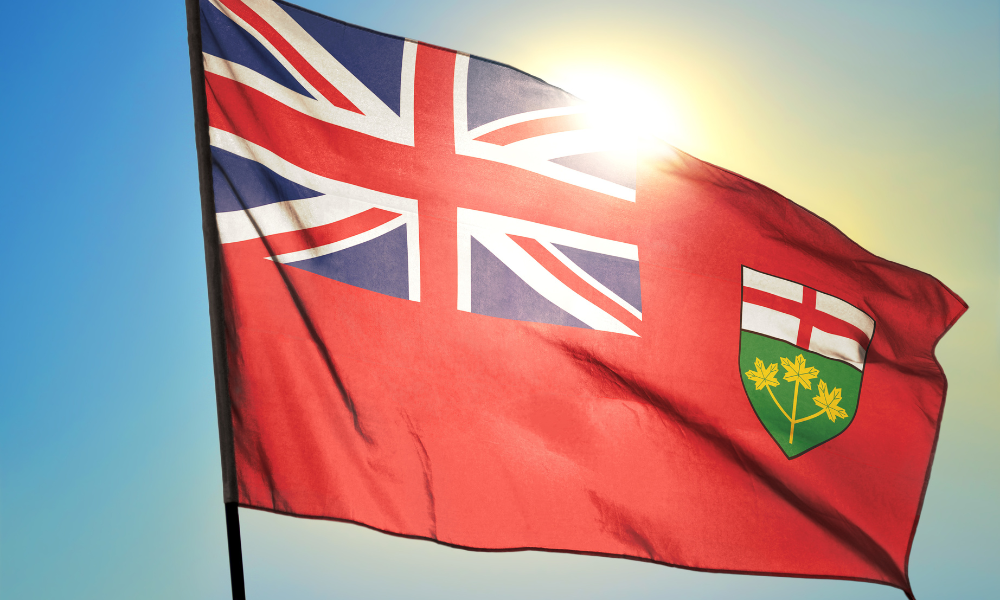
When it comes to the legal matters you’re handling, it’s always good to have a little help from your colleagues. That’s where Ontario lawyers’ associations come in — offering support, legal resources, and a sense of community for legal professionals across the province. Whether you’re a seasoned lawyer, or are just starting your career, this article is a good start when you’re looking for the right group to join.
The lawyers’ associations found in Ontario are membership-based, groups running either solely in the province or are ‘branches’ of a national lawyers’ organization. There are also those that serve as regulating bodies of legal professionals.
In any case, here’s a list of provincial-wide lawyers’ associations in Ontario:
We’ll discuss each of these Ontario lawyers’ associations below. Further, we’ll highlight some of the local lawyers’ associations.
To navigate this page, you can also use the table of contents above to go directly to any of these associations.

The LSO is not new to all lawyers in the province, since it’s the licensing and regulating authority for Ontario’s lawyers and paralegals. Formerly called the Law Society of Upper Canada, the LSO was established in 1797 by law.
The LSO ensures that Ontarians are served by lawyers and paralegals who meet the standards set by law and the law society. Among its functions are to:
Learn more about the LSO, especially if you’re interested in working with them, with this video:
Take a glimpse of other law organizations in the country — from coast to coast — with our article on the Canadian lawyers’ associations.

The Ontario Bar Association (OBA), a branch of the CBA, represents close to 17,000 lawyers, judges, notaries, law teachers and law students from across the province.
As the “leader and voice of Canada’s legal profession,” the OBA promotes fair justice systems, facilitates effective law reform, upholds equality in the legal profession and is committed to eliminating discrimination.
Whether just starting out, looking to grow or well established, the OBA can help lawyers:
As the largest national association for legal professionals, the CBA and OBA deliver what lawyers need to thrive in their career and to navigate life changes.

If you’re an employment lawyer in Ontario, then ELAO is for you. This lawyers’ association in Ontario accepts those who represent either or both employers and/or employees in labour cases. It also accepts law students, mediators, arbitrators, and professors in employment law.
Becoming a member with ELAO is free of charge. The benefits include networking opportunities, online education courses, and skill-building educational seminars.

The FLA is the provincial organization for family law practitioners. This association represents its member-lawyers at various levels in the government, the LSO, and the LAO.
Aside from this representative function, the FLA engages in:
Lawyers in Ontario who are working on the defence side in child protection cases (i.e. defending parents and other adult respondents in family cases) can join the OACPL.
Working as a voice for parents, this Ontario lawyers’ association aims to:
If interested, you only need to pay $75 to become a full-time member.

The OTLA is a province-wide non-profit association of trial lawyers, whose clients are mostly the plaintiffs or applicants in civil cases. Currently, it’s one of the biggest Ontario lawyers’ associations.
The OTLA’s primary goal is advocating for the rights of injured parties because of others’ wrongdoing. It also aims to preserve and improve Ontario’s civil justice system, especially on personal injury cases.
The benefits of joining the OTLA include accessing its members-only listservs, continuing professional development (CPD) programs, and other resources for mutual support. Members must abide by the OTLA Code, which is a voluntary code of conduct, in addition to other statutory codes of ethics or conduct.
Interested in learning more about this organization? Check out our article about everything you need to know about OTLA.
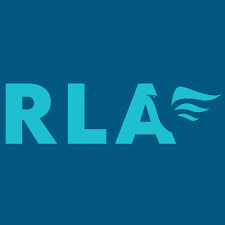
The RLA is fit for lawyers in the field of immigration and refugee law. This lawyers’ association in Ontario is for those who represent refugees before the different courts, tribunals, and agencies.
Through the RLA, lawyers are supported through its:
Interested lawyers who want to join the RLA must only pay $75 for its yearly membership.
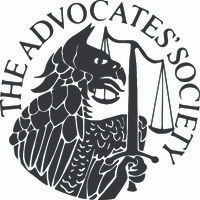
Established in 1963, this Ontario lawyers’ association is open to all members of the bar and the bench in the province, regardless of their practice area. Staying true to their motto of “For a Strong, Independent and Courageous Bar,” the Society provides the following benefits to its members:
It’s also involved with the public through its court interventions, submissions, pro bono activities, among others.
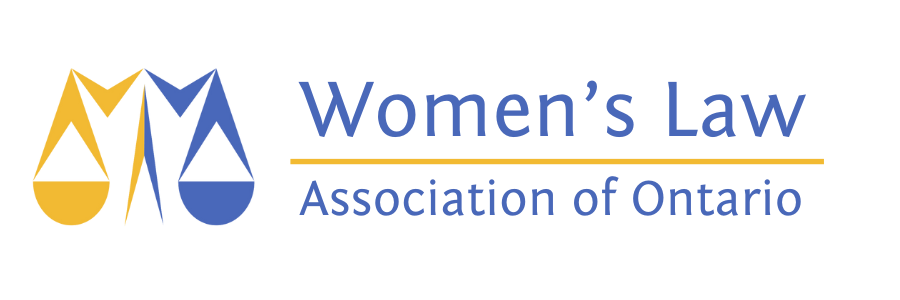
Committed to advancing issues and causes relevant to women in the legal profession, the WLAO is an Ontario lawyers’ association for women lawyers in the province. WLAO members can do volunteer work for the organization, in addition to attending events for professional development and connecting with other women lawyers.
For more details about the WLAO, check out our article on the different women's law associations in Canada.
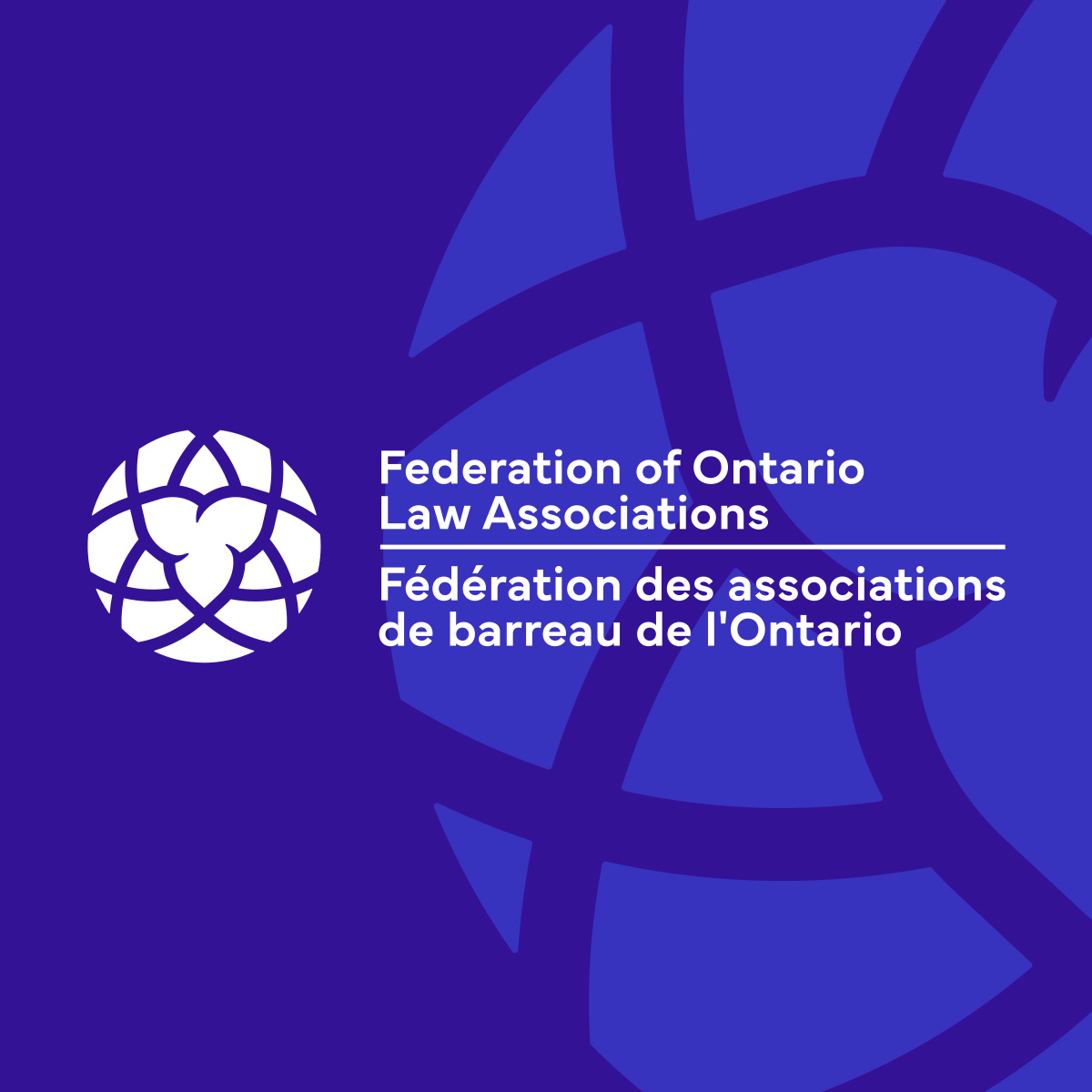
Whether mentioned in this article or not, most Ontario lawyers’ associations are member-organizations of the FOLA. In total, FOLA has 46 member-associations from the different counties and districts of Ontario. These also include the member-lawyers of these law associations.
Among the engagements that FOLA does are:
giving of inputs, statements, and positions when it comes to legal issues affecting these county and district associations and its members
organizes its own Plenaries for discussions of relevant topics, which can also count as CPD units for attending lawyers
Watch this video to know more about FOLA:
Head over to our Rankings page which lists the Special Reports by Canadian Lawyer on the top-ranking lawyers and law firms in every province, territory, and legal practice area.
Aside from the organizations of lawyers in Ontario that are provincial in scope, there are lawyers’ associations in each region, municipality, county, or city. Each of Ontario’s 52 cities has their own lawyers’ association.
Here are some examples of these associations:
Durham Region Law Association (DRLA): for lawyers in the Durham Region; also keeps the Terence V. Kelly Law Library
Essex Law Association (ELA): for lawyers in Windsor and Essex County and is running the Essex Law Association Library
Hamilton Law Association (HLA): lawyers practicing in the City of Hamilton can join the HLA to access the HLA Library
Norfolk Law Association (NLA): for lawyers in the Norfolk County, which has its own library for its members in the courthouse
Peel Law Association (PLA): for lawyers practicing in the Region of Peel, which runs its own PLA Library
South Asian Bar Association of Toronto (SABA): for lawyers in the Greater Toronto Area who identify as South Asian, of South Asian origin, or are co-advocates
Sudbury District Law Association (SDLA): for lawyers in the Greater Sudbury Area; the group maintains a District Law Library for its members
Toronto Lawyers' Association (TLA): for lawyers practicing in the city of Toronto; it operates the Courthouse Library
York Region Law Association (YRLA): for lawyers practicing in York Region; it also keeps the library located at the Newmarket Courthouse
Aside from handling the operations of their respective libraries, these associations provide CPD programs, legal resources, and other publications. This is in addition to the fellowship opportunities with other lawyers in the locality.
There is also no distinction in the membership of these local lawyers’ associations in Ontario when it comes to the legal practice area you’re involved in. What matters is the jurisdiction you’re practicing at.
Of course, being a member of any of these city-based lawyers’ associations does not preclude you from joining any other groups.
Aside from membership-based lawyers’ associations in Ontario, there are other groups and organizations that are equally important in the practice of law. These groups can assist you, whether in handling your case or in your professional development.
Association of Community Legal Clinics of Ontario (ACLCO): the umbrella organization which represents Ontario’s community legal clinics and provides support in any way to its member-organizations
Community Legal Education Ontario (CLEO): another entity that is part of Ontario’s legal aid system, CLEO also provides legal aid and information to low-income and disadvantaged Ontarians
Institute of Law Clerks of Ontario (ILCO): a network of Ontario’s law clerks and students enrolled in a law clerk program, offering CLE programs, events for socializations, and professional opportunities to its members
Law Foundation of Ontario (LFO): this is a body that was established by the Law Society Act; it gives out grants and funding for programs and initiatives related to justice, in addition to administering of the Class Proceedings Fund
Lawyers’ Professional Indemnity Company (LAWPRO): the Ontario lawyers’ professional liability insurer; it also provides optional excess insurance for law firms and title insurance outside the province
Legal Aid Ontario (LAO): established by the provincial Legal Aid Services Act, the LAO provides legal help for financially eligible and low‑income Ontarians in matters related to family, refugee and immigration, criminal, and mental health
Ontario Justice Education Network (OJEN): a province-wide organization where legal professionals can volunteer for OJEN’s activities, which is mainly to help young people, teachers, and the community understand the law
Ontario Paralegal Association (OPA): paralegals across the province can join the OPA, which provides opportunities for professional development, advocacy, and community engagement
Pro Bono Ontario (PBO): connects volunteer lawyers to provide pro bono legal services and the public who can’t afford a lawyer or those whose legal problems aren’t covered by government agencies
No matter what stage you’re at in your legal career, these different Ontario lawyers’ associations provide the tools and connections you need to thrive. Whether you're looking to sharpen your skills, build connections, or simply find a place to belong, these groups are a perfect place to start.
More resources about these Ontario lawyers’ associations are available on our Professional Regulation page.